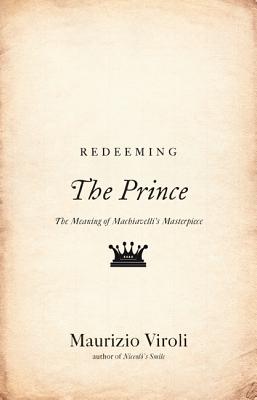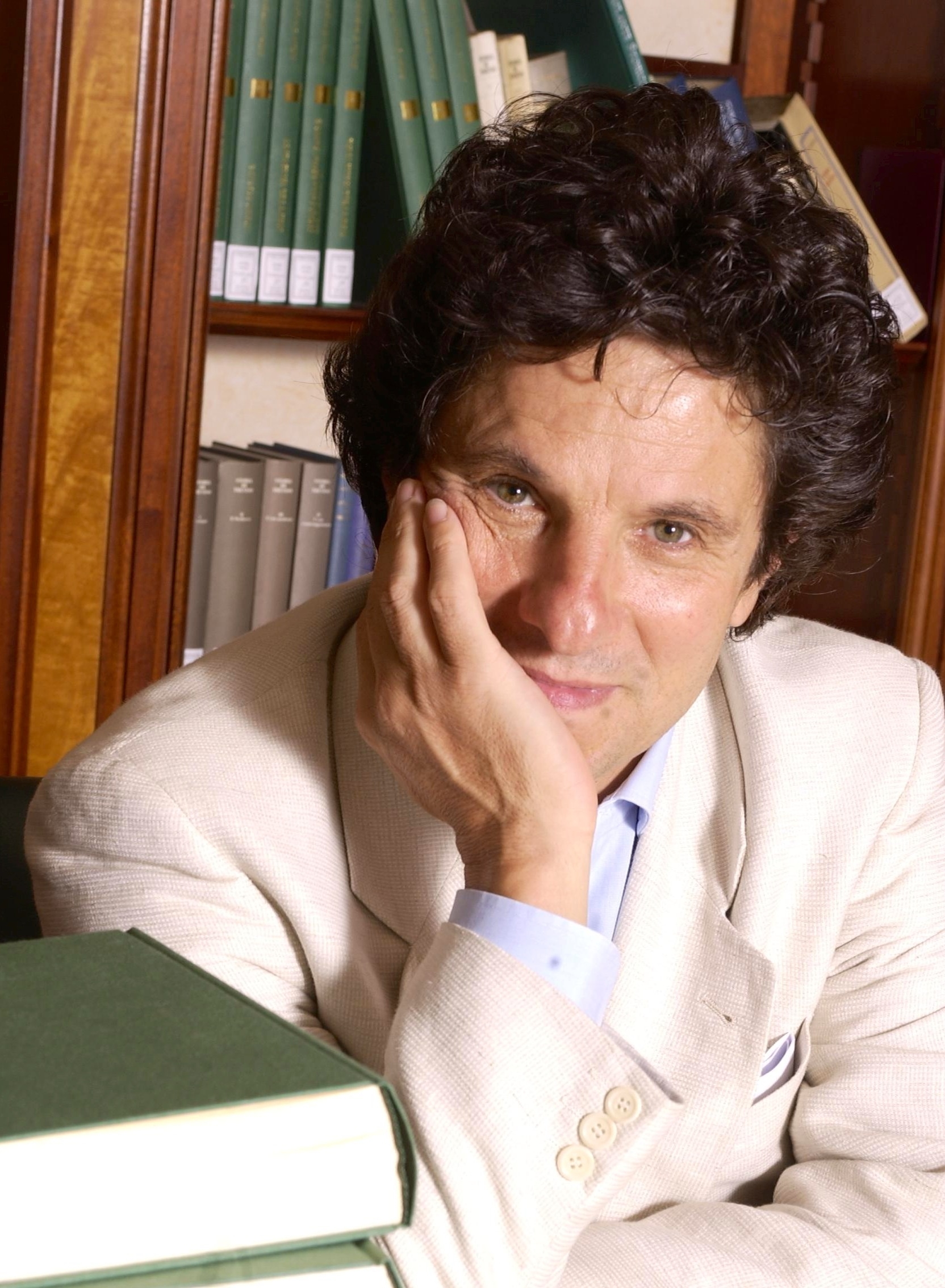

 Princeton University Press
Princeton University Press
Redeeming the Prince: The Meaning of Machiavelli's Masterpiece


Key Metrics
- Maurizio Viroli
- Princeton University Press
- Paperback
- 9780691168593
- 8.5 X 5.5 X 0.47 inches
- 0.59 pounds
- History > Europe - Italy
- English
 Secure Transaction
Secure TransactionBook Description
A fresh introduction to--and bold new interpretation of--Machiavelli's Prince
In Redeeming The Prince, one of the world's leading Machiavelli scholars puts forth a startling new interpretation of arguably the most influential but widely misunderstood book in the Western political tradition. Overturning popular misconceptions and challenging scholarly consensus, Maurizio Viroli also provides a fresh introduction to the work. Seen from this original perspective, five centuries after its composition, The Prince offers new insights into the nature and possibilities of political liberation.
Rather than a bible of unscrupulous politics, The Prince, Viroli argues, is actually about political redemption--a book motivated by Machiavelli's patriotic desire to see a new founding for Italy. Written in the form of an oration, following the rules of classical rhetoric, the book condenses its main message in the final section, Exhortation to liberate Italy from the Barbarians. There Machiavelli creates the myth of a redeemer, an ideal ruler who ushers in an era of peace, freedom, and unity. Contrary to scholars who maintain that the exhortation was added later, Viroli proves that Machiavelli composed it along with the rest of the text, completing the whole by December 1513 or early 1514.
Only if we read The Prince as a theory of political redemption, Viroli contends, can we at last understand, and properly evaluate, the book's most controversial pages on political morality, as well as put to rest the clich� of Machiavelli as a Machiavellian.
Bold, clear, and provocative, Redeeming The Prince should permanently change how Machiavelli and his masterpiece are understood.
Author Bio
Maurizio Viroli is Professor Emeritus of Politics at Princeton University, Professor of Government at the University of Texas (Austin) and Professor of Political Communication at the University of Italian Switzerland (Lugano).
He has served as an advisor on cultural activities to the President of the Italian Republic during the presidency of Carlo Azeglio Ciampi (1999-2006), and has worked for the President of the Camera dei Deputati during the presidency of Luciano Violante (1996-2001). He has served as the coordinator of the National Committee for the Improvement of the Republican Culture within the Ministry of Home Affairs. He has been consultant of ANCI (National Association of Italian Municipalities). On May 30, 2001, he was appointed Ufficiale dell'Ordine al Merito of the Italian Republic.
He holds a degree in Philosophy from the University of Bologna and a PhD in Political and Social Sciences from the European University Institute of Firenze. He has taught and conducted research at the universities of Cambridge (Clare Hall), Georgetown (Washington, D.C.), the United Arab Emirates, Trento, Campobasso, Ferrara, the Institute for Advanced Study of Princeton, the Scuola Normale Superiore of Pisa, the European University Institute of Firenze (Jean Monnet Fellow), the Collegio of Milano and the Scuola Superiore di Amministrazione dell’Interno. He has promoted and directed several projects on civic education in Italian schools. In particular, he has founded and is now the Director of a Master’s program in Civic Education established at Asti by Ethica Association.
His main fields of research are political theory and the history of political thought, classical republicanism and neo-republicanism, with a special expertise on Niccolò Machiavelli and Jean Jacques Rousseau, republican iconography, the relationship between religion and politics, patriotism, constitutionalism, classical rhetoric, political communication, citizenship, and civic education
Among his publications, Jean Jacques Rousseau and the "Well-Ordered Society", Cambridge University Press, 1988; From Politics to Reason of State. The Acquisition and Transformation of the Language of Politics (1250-1600), Cambridge University Press, 1992; For Love of Country: An Essay on Patriotism and Nationalism, Oxford University Press, 1995; Machiavelli, Oxford University Press, 1998; Niccolò’s Smile, Farrar Straus and Giroux, 1998; Republicanism, Farrar Straus and Giroux, 1999; The Idea of the Republic, with Norberto Bobbio, Polity Press, 2003; How to read Machiavelli, Granta, 2008; Machiavelli’s God, Princeton University Press, 2010; The Liberty of the Servants, Princeton University Press, 2011; As if God Existed. Religion and Liberty in the History of Italy, Princeton University press, 2012; Redeeming the "Prince". The Meaning of Machiavelli’s Masterpiece, Princeton University Press, 2013. With Gisela Bock and Quentin Skinner he is the editor of Machiavelli and Republicanism, Cambridge University Press, 1990.
He has edited and written the Introduction of Niccolò Machiavelli, The Prince, translation by Peter Bondanella, Oxford University Press, 2005.
Source: Princeton University
Videos




Community reviews
Write a ReviewNo Community reviews